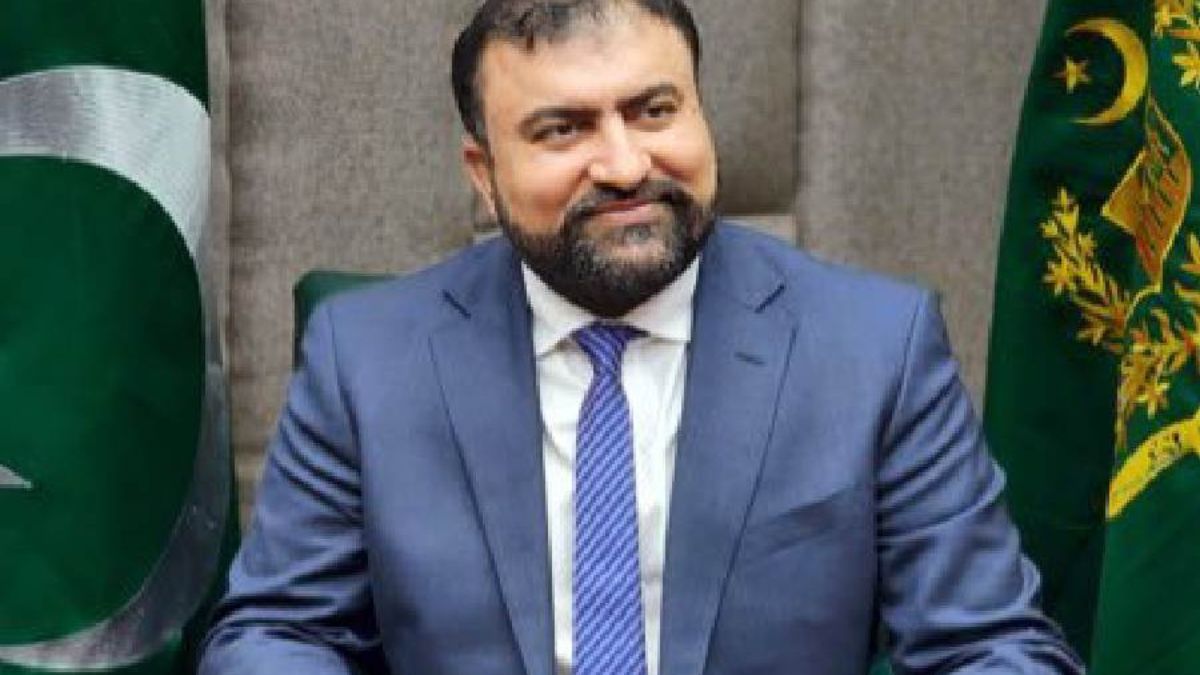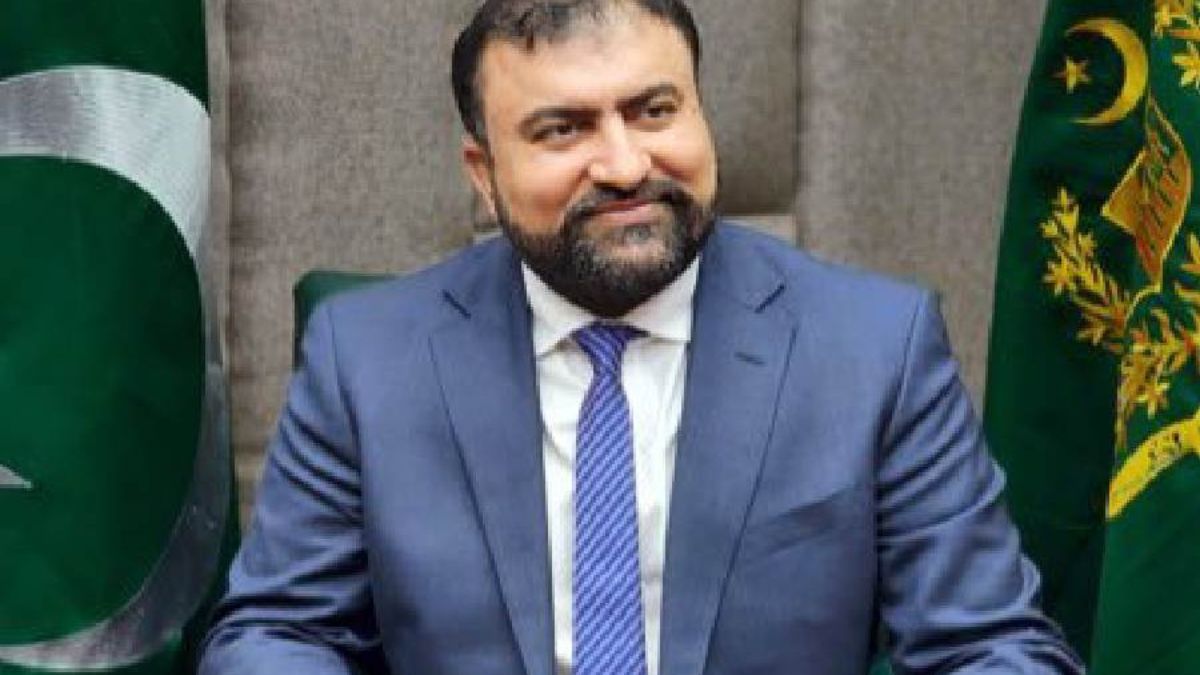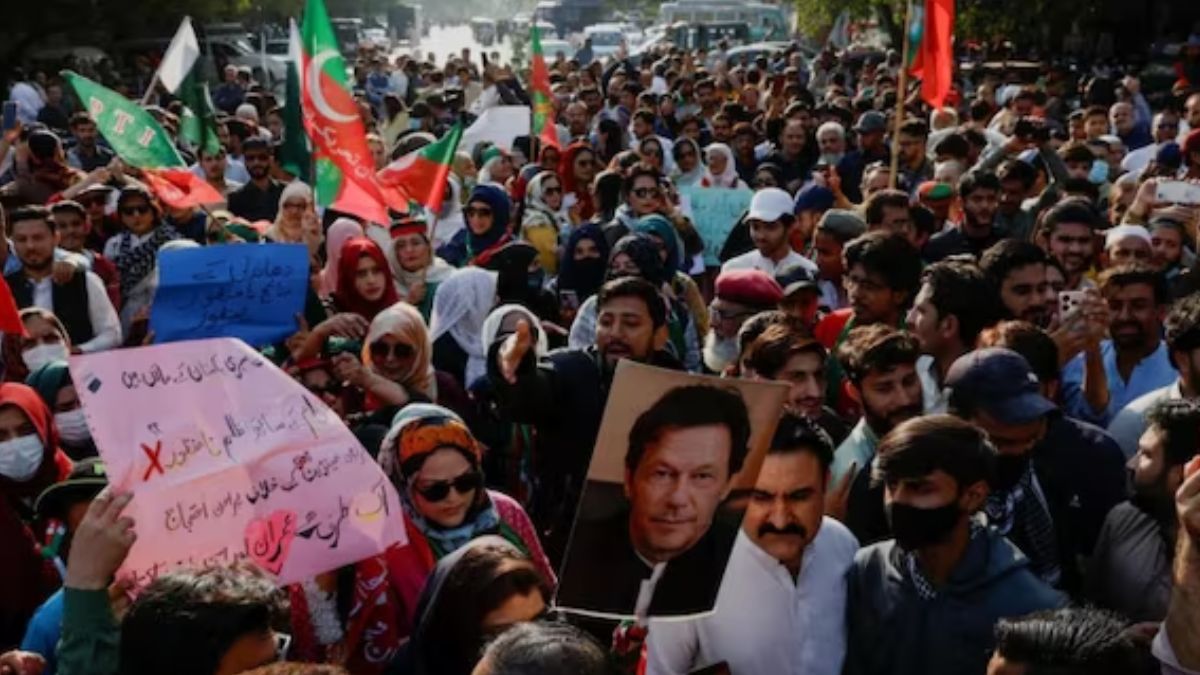The United Nations (UN) is “concerned” about continuing terrorist attacks on educational institutions and the military’s use of schools, especially in the Federally Administered Tribal Areas (FATA) and Balochistan, a report of the UN’s review of Pakistan’s social, cultural and economic rights says.
The UN has urged the Pakistani government to “completely ban” the military use of schools and to endorse the Safe School Declaration, a report by the UN Committee on Economic, Social and Cultural Rights (CESCR) shows during a periodic review of the country.
CESCR is a body of 18 independent experts that monitors the International Covenant on Economic, Social and Cultural Rights by state parties and usually meets twice a year in Geneva.
“A particular area of concern is Balochistan where attacks are carried out by nationalist, sectarian and Islamist armed groups on schools and universities,” Human Rights Watch (HRW) says in its report to the UN committee as part of the evaluation exercise.
According to the Global Coalition to Protect Education from Attack, between 2009 and 2012 there have been at least 838 attacks on schools in Pakistan.
Though the UN body recognises the efforts made by the Pakistani government to close down radical madrassas, it is concerned that some madrassas provide no education other than the Quran and “that some textbooks and curricula for Sindh and Punjab contain stereotyped images of religious and ethnic minorities”.
Hazara students have difficulties reaching Quetta because of the large number of sectarian killings along the route and, therefore, public transport operators don’t allow Hazaras on board because of danger to other passengers, HRW reports. It is concerned about the right to education for the Hazaras in Quetta and Balochistan.
“Despite hundreds of attacks on teachers, students, schools, and universities, the Pakistan government has not successfully prosecuted the perpetrators in most instances,” HRW writes.
In Swat, after its military offensive, the Pakistan Army forced the Taliban to vacate the schools, but ended up occupying them instead. Although most schools have now been vacated, around 20 schools were still under military use in Swat as of December 2016, the report adds.
HRW documented reports of 96 school attacks in Pakistan in 2012 alone, most of which were in Khyber Pakhtunkhwa province and the FATA. Additionally, there were at least 78 targeted attacks on schools, teachers, and students in 2013 while 360 schools were destroyed in the FATA, 166 schools in North Waziristan Agency, 139 in Khyber Agency, and 55 in South Waziristan Agency in 2015.
“The use of child suicide bombers by the Taliban and other extremist armed groups also continued in 2015,” HRW says.
There are “well-documented” reports of police abuse of Afghan refugees: What HRW calls a “policy of punitive retribution” following a Tehreek-e-Taliban attack in December 2014 which need to be immediately investigated, the UN report says.
Currently, there are 1.5 million Afghan refugees and one million Afghans seeking asylum in Pakistan making it the second largest refugee-hosting country globally.
The UN committee also urged the government to ensure that all registered Afghan refugees are allowed to stay in the country “until it is safe for them to return or resettle in another country” and to reopen the registration procedure for unregistered Afghans as well as to extend the Proof Residence (PoR) cards that will expire on 31 December.
There is a “very high proportion” of poor in the country, especially in certain regions, like Sindh, FATA and Balochistan, where people face additional obstacles like a very low level of birth registration and often delayed registration, which “seriously limits persons without birth certificates from enjoying their economic, social and cultural rights”.
Combined with poverty, there is a very low level of public funding, particularly around employment, social security, housing, water and sanitation, health and education, “which cannot be justified by high levels of defence expenditure”. For instance, public health spending, an important indicator of a government’s commitment to the implementation of the right to health, currently stands at 0.45 percent of the GDP, says Amnesty International’s submission on Pakistan.
The tax-GDP ratio of Pakistan is very low, and that the tax regime of the state party characterised by “limited tax base, non-progressive tax system and heavy reliance on indirect taxes, is also a matter of concern to the economic rights experts.
The “insufficient framework legislation” to provide for the protection of all women, particularly Hindu and Christian women, in relation to marriage, divorce, custody and inheritance, is a matter of concern to the global body: It recommends that legislation be adopted in line with international norms and standards. It is also concerned that the practice of “forced conversion of non-Muslim women and forced marriage continue” and recommends that the state party prohibit forced conversion without consent.
The UN experts also recommend that certain other laws and practices be brought in line with international standards like the West Muslim Personal Law (Shariat) Act of 1962: Which permits polygamy and provides that a daughter is entitled to receive only half as much inheritance from her parents as her brother receives: and the Qanun-e-Shahadat (Law of Evidence) that stipulates that the value of women’s court testimony is half that of a male witness.
Despite measures taken by the government, the UN experts are concerned at the prevalence of corruption and the magnitude of corruption cases involving high-level officials.
There are repeated reports of abduction, killings and intimidation of human rights defenders, particularly those fighting for economic, social and cultural rights, allegedly committed in some cases by state agents, including members of military intelligence services, the report says.
It recommends that the Pakistani government in its next periodic report provide comparative annual statistical data disaggregated by sex, age, geographical location, disability, religion, and other status to better monitor the progressive realisation of the covenant rights.
The periodic review of six state parties, including Pakistan, was carried out between 29 May through 23 June in Geneva.


)




)
)
)
)
)
)
)
)